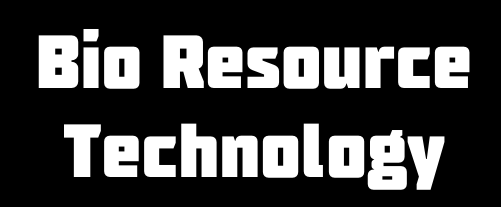Introduction
The recent tragic deaths of Boeing whistleblowers have sent shockwaves through the aviation industry and the broader community. These individuals came forward to expose misconduct and safety concerns within the company, only to meet untimely and suspicious ends. The circumstances surrounding their deaths raise serious questions about accountability, transparency, and the protection of whistleblowers in our society.
The Boeing Controversy
Boeing, one of the world’s largest aerospace manufacturers, has faced intense scrutiny in recent years after a series of scandals and safety lapses. In particular, the company’s 737 Max aircraft was involved in two fatal crashes in 2018 and 2019, resulting in the deaths of 346 people. Investigations revealed that Boeing had cut corners in safety protocols and failed to disclose critical information to regulators.
Whistleblowers Speak Out
In the wake of these tragedies, several whistleblowers within Boeing came forward to reveal the company’s culture of prioritizing profits over safety. These brave individuals risked their careers and personal safety to expose internal misconduct, including concerns about faulty manufacturing processes, inadequate safety standards, and a lack of oversight.
The Tragic Deaths
Despite protections for whistleblowers under the law, the individuals who spoke out against Boeing have faced dire consequences. In a disturbing series of events, multiple whistleblowers have been found dead under mysterious circumstances. The timing and nature of these deaths have raised suspicions of foul play and a possible cover-up.
Calls for Justice
The deaths of these whistleblowers have sparked outrage and calls for justice from the public, lawmakers, and advocacy groups. Many are demanding a thorough investigation into the circumstances surrounding the deaths and accountability for those responsible. The need to protect whistleblowers and ensure their safety has never been more urgent.
Protecting Whistleblowers
Whistleblowers play a vital role in uncovering wrongdoing and holding powerful institutions accountable. It is essential to safeguard their rights and ensure their safety in coming forward with valuable information. Companies must create a culture that encourages transparency and ethical behavior, rather than punishing those who speak out.
The Path Forward
In the wake of these tragic events, there is an urgent need for reforms to protect whistleblowers and prevent future retaliation. Strengthening whistleblower protections, enforcing accountability for corporate misconduct, and fostering a culture of transparency are crucial steps toward rebuilding trust and ensuring the safety of those who speak truth to power.
Frequently Asked Questions (FAQs)
1. What protections do whistleblowers have under the law?
Whistleblowers are protected under various federal and state laws, such as the False Claims Act and the Whistleblower Protection Act. These laws prohibit retaliation against individuals who report misconduct, fraud, or safety violations.
2. How can whistleblowers safely report concerns?
Whistleblowers can report concerns through internal channels within their organization or anonymously through hotlines and reporting systems. It is essential to document any instances of retaliation and seek legal advice if necessary.
3. What should companies do to support whistleblowers?
Companies should establish clear policies and procedures for reporting misconduct, provide training on whistleblower protections, and ensure a culture of openness and accountability. Protecting whistleblowers benefits both employees and the organization as a whole.
4. What are the risks of whistleblowing?
Whistleblowers often face risks such as retaliation, ostracism, and even physical harm. It is crucial for individuals considering whistleblowing to weigh the potential consequences and seek support from advocacy groups and legal resources.
5. How can the public support whistleblowers?
The public can support whistleblowers by raising awareness of their contributions, advocating for stronger protections, and holding companies and institutions accountable for any retaliation. Solidarity and public pressure can help ensure that whistleblowers are heard and protected.
